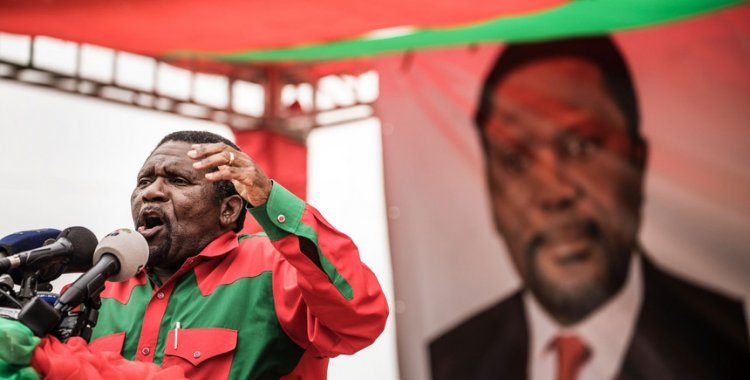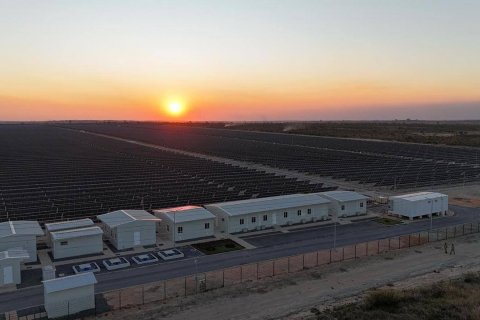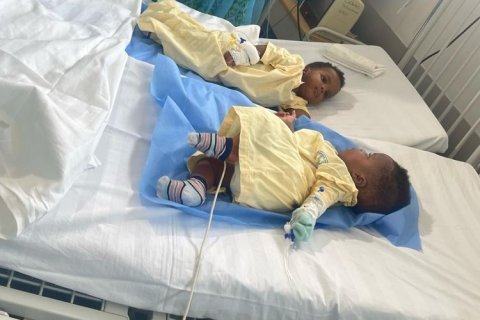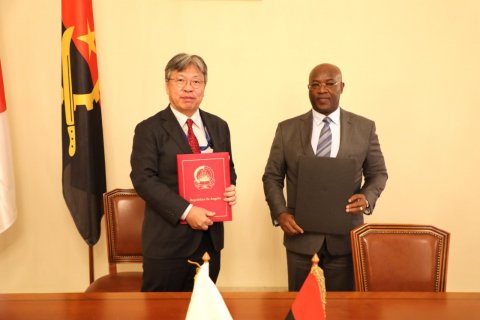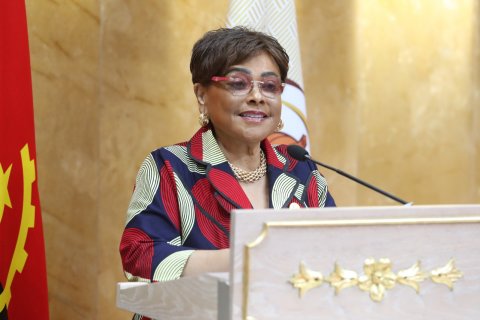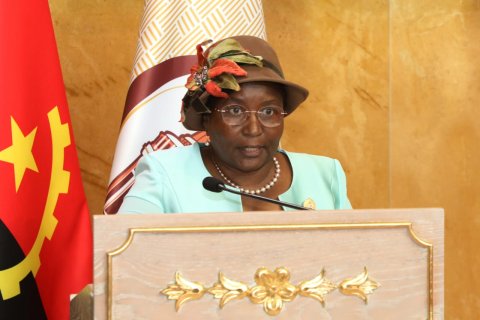“In Angola, people don’t see themselves as Angolans. They identify themselves by party color: ‘this one is from the MPLA, this one is from UNITA’. Especially these two. I would like, first of all, for us to reach a stage where we all see ourselves as Angolans first”, he argues.
In Lisbon, where he presented the book by journalist Xavier de Figueiredo about the founder of UNITA, Jonas Savimbi, who he succeeded after his death in combat in 2002, Samakuva also regrets that in Angola criticism of the President of the Republic is interpreted as “ a declaration of war.”
“It is my conviction to this day that one of the essential issues that Angola needs to overcome is this relationship between people”, he reiterates.
The country, which gained independence from Portugal on November 11, 1975, and has since been governed by the Popular Movement for the Liberation of Angola (MPLA), went through long periods of war and the remnants of those times, he recognizes, persist to this day.
“I said that, I repeated that to President José Eduardo dos Santos and also to the current President [João Lourenço]. When I speak, the first thing people see is the UNITA individual. Therefore, his position will not be good for the MPLA. When I'm looking at the country. And the experience that my life left me further consolidated this conviction,” he says.
“In a world where there is political competition, parties are the only way to bring together our desires and direct them towards a specific end. Therefore, parties cannot see each other as enemies. People in their parties cannot see each other as enemies”, he adds.
Isaías Samakuva compares what happens in countries where democracy is institutionalized and Angola.
“While in parties in clearly democratic countries, therefore truly democratic, this diversity of opinions, these differences are seen within the framework of the political struggle, in Angola there is already talk of belligerent action”, he laments.
Therefore, “this makes the role of an opposition leader difficult”, because, he explains, this leader “is often seen as being in the pocket of the regime, or has received money and is bought”.
“We have to criticize. But criticism also does not need to be made in violent terms. It doesn't need to feel confrontational. Criticism can be done exactly in a constructive way. We can be blunt in our criticism, but with appropriate terms that do not offend others’ sensibilities”, he adds.
As for the current situation, Samakuva believes that UNITA “today is seen, in fact, as an alternative to power”.
Not convinced by the MPLA's victories in the multiparty elections, the former party leader says that he even gave the benefit of the doubt to João Lourenço, who succeeded José Eduardo dos Santos, at the beginning of his first presidential term (2017-2022).
“Everyone was filled with hope. Me and UNITA too”, he recalls.
Samakuva reports on the early days of João Lourenço in the Presidency, when he confronted the interests and businesses of the Dos Santos family and received activists and representatives of civil society, leaving in the air the idea of creating a new way of doing politics, combating corruption and interests installed on the power device.
“It’s my impression that he wanted it. But he is inserted into a machine that, even in my opinion and I told him this in the last conversation I had with him, I felt that at a certain point he even became afraid, he had to protect himself, because the changes in policies that he wanted to implement touched very powerful interests of the MPLA and the country. So he risked a coup there,” he says.
Regarding the solution for the country, Samakuva recommends that it is necessary to experiment with governance and the application of the UNITA program.
“I've been saying that [Angolans] should even try it, just for five years and see what that would give”, because, in short, “the MPLA doesn't change its culture”.

